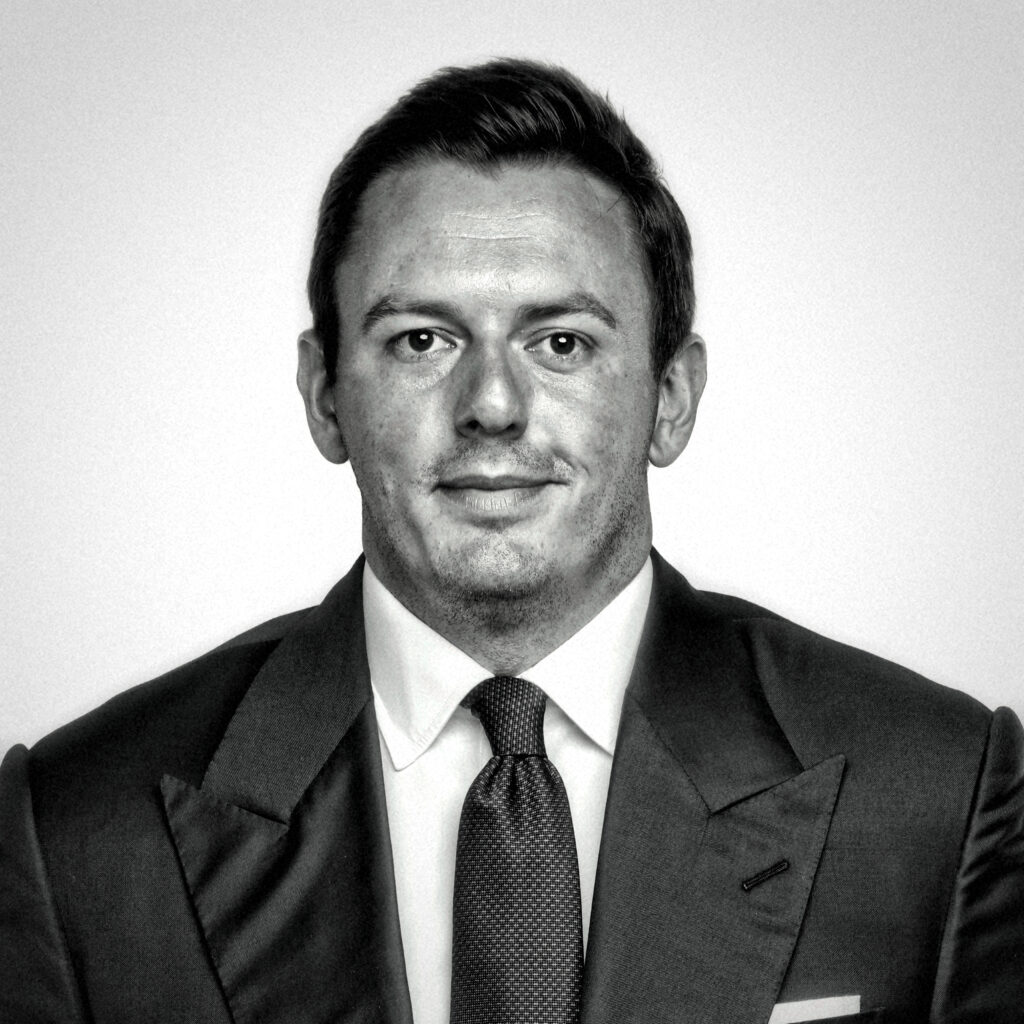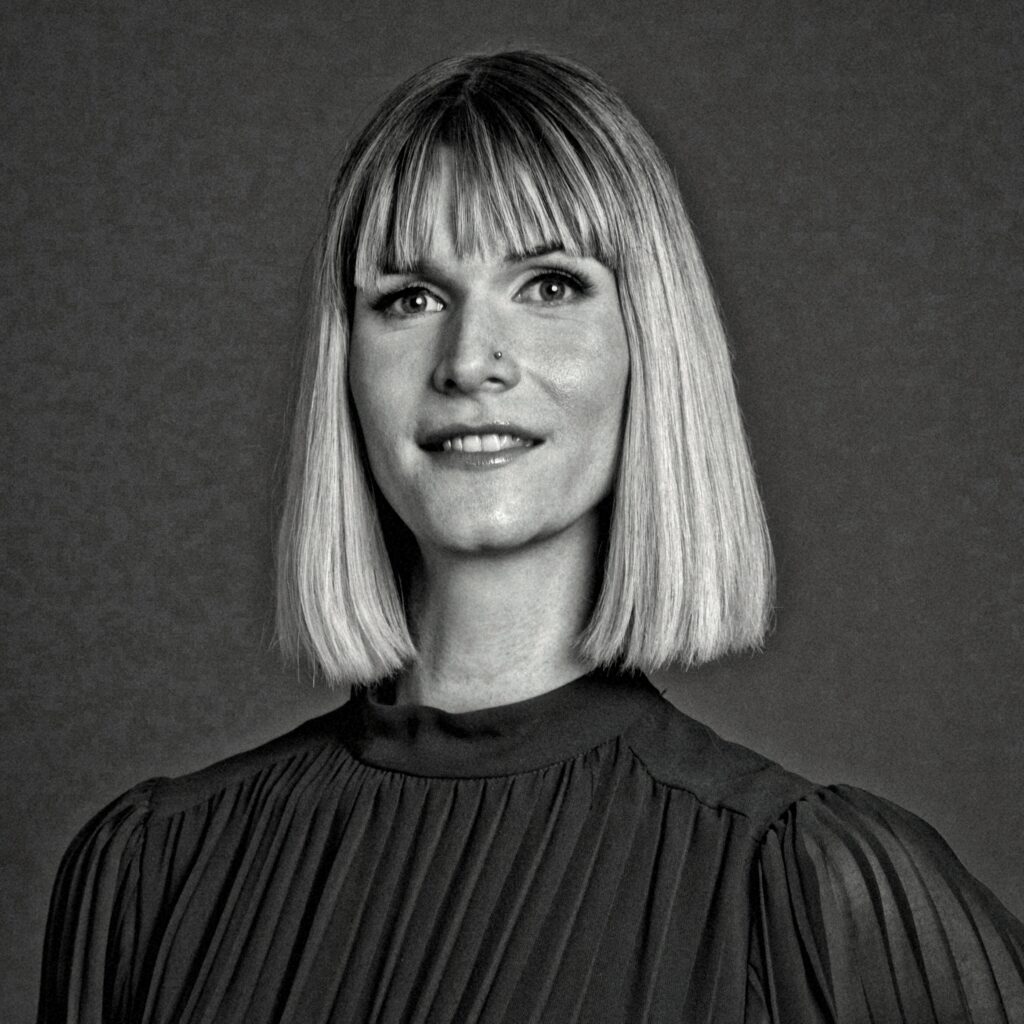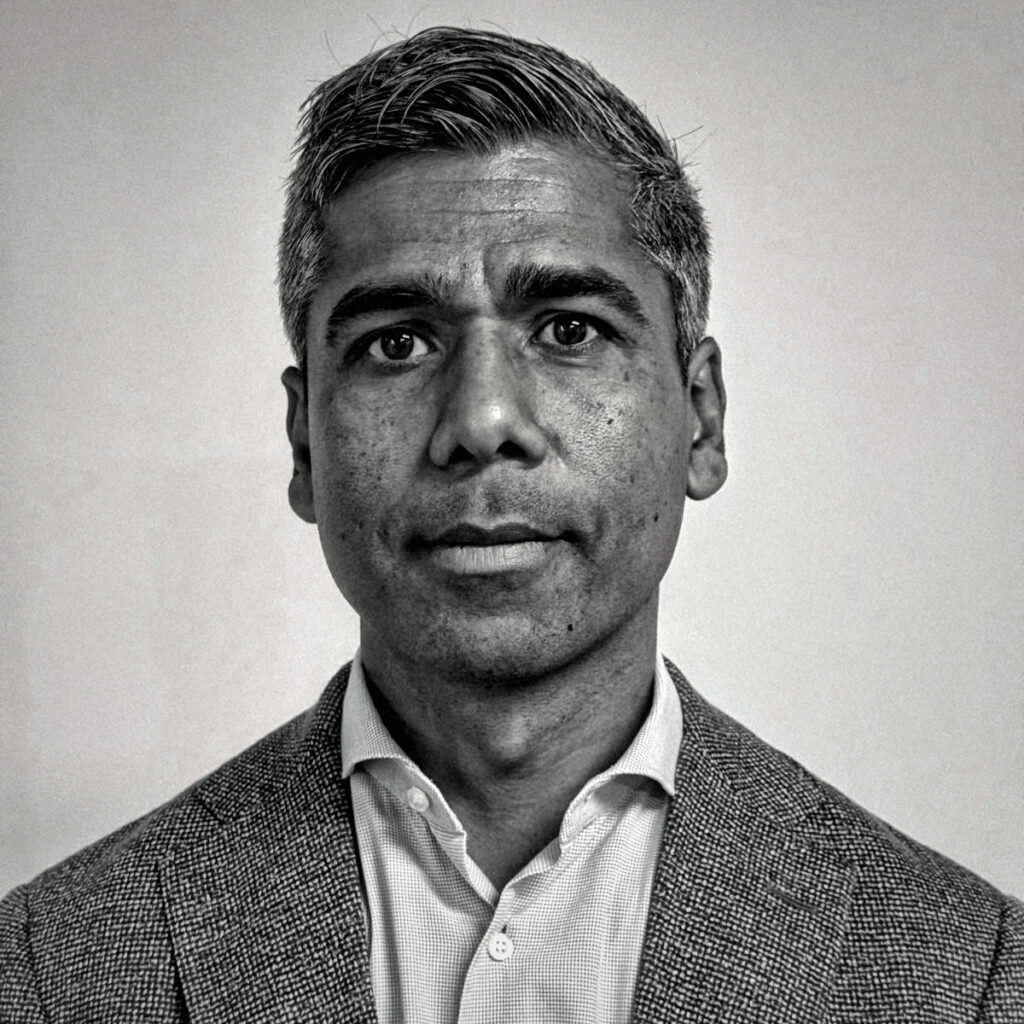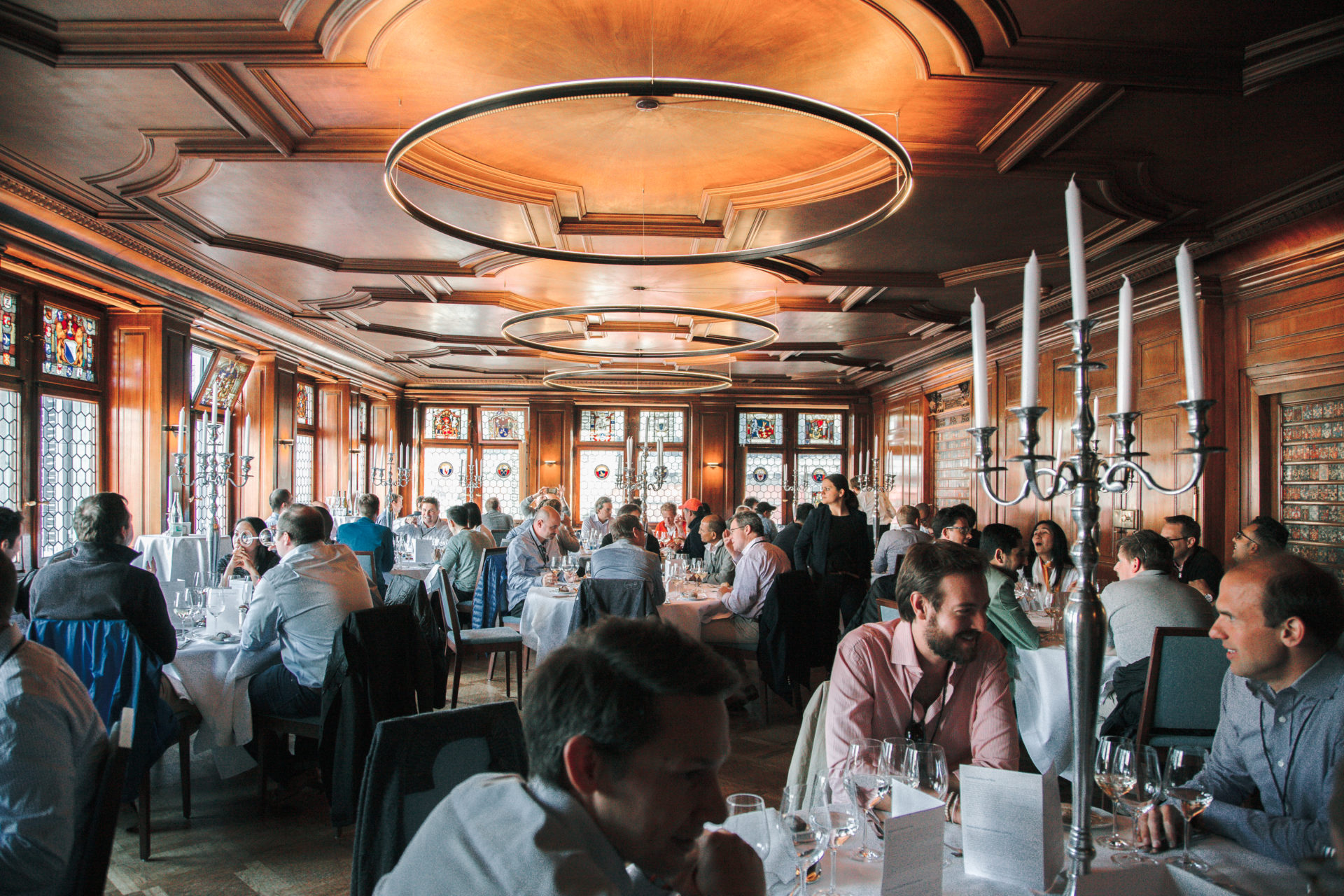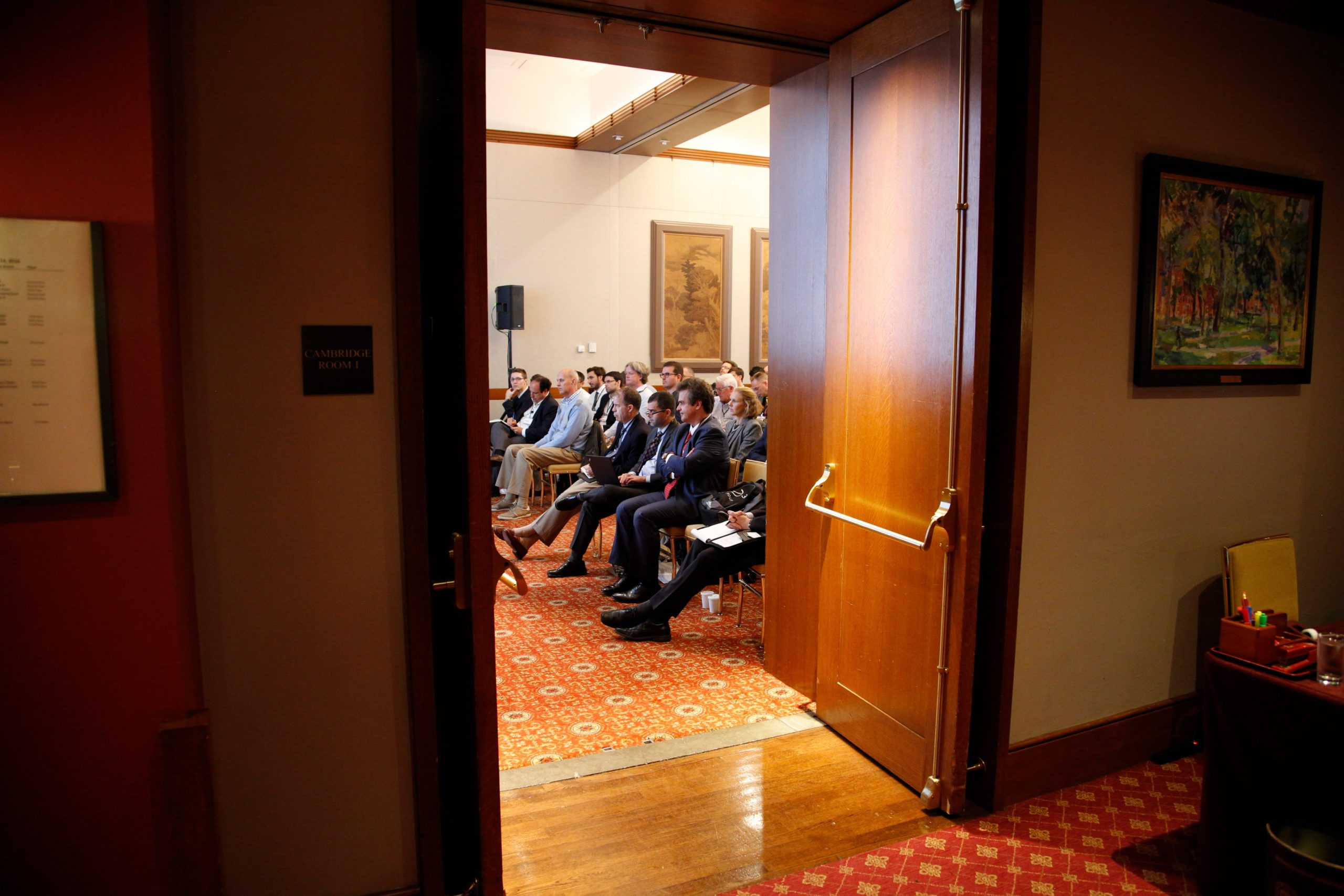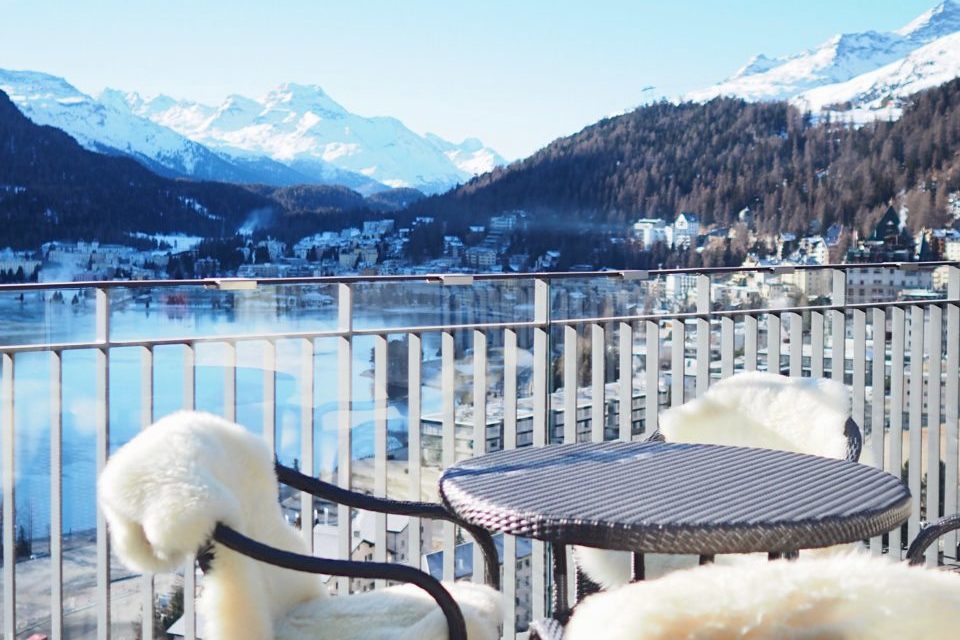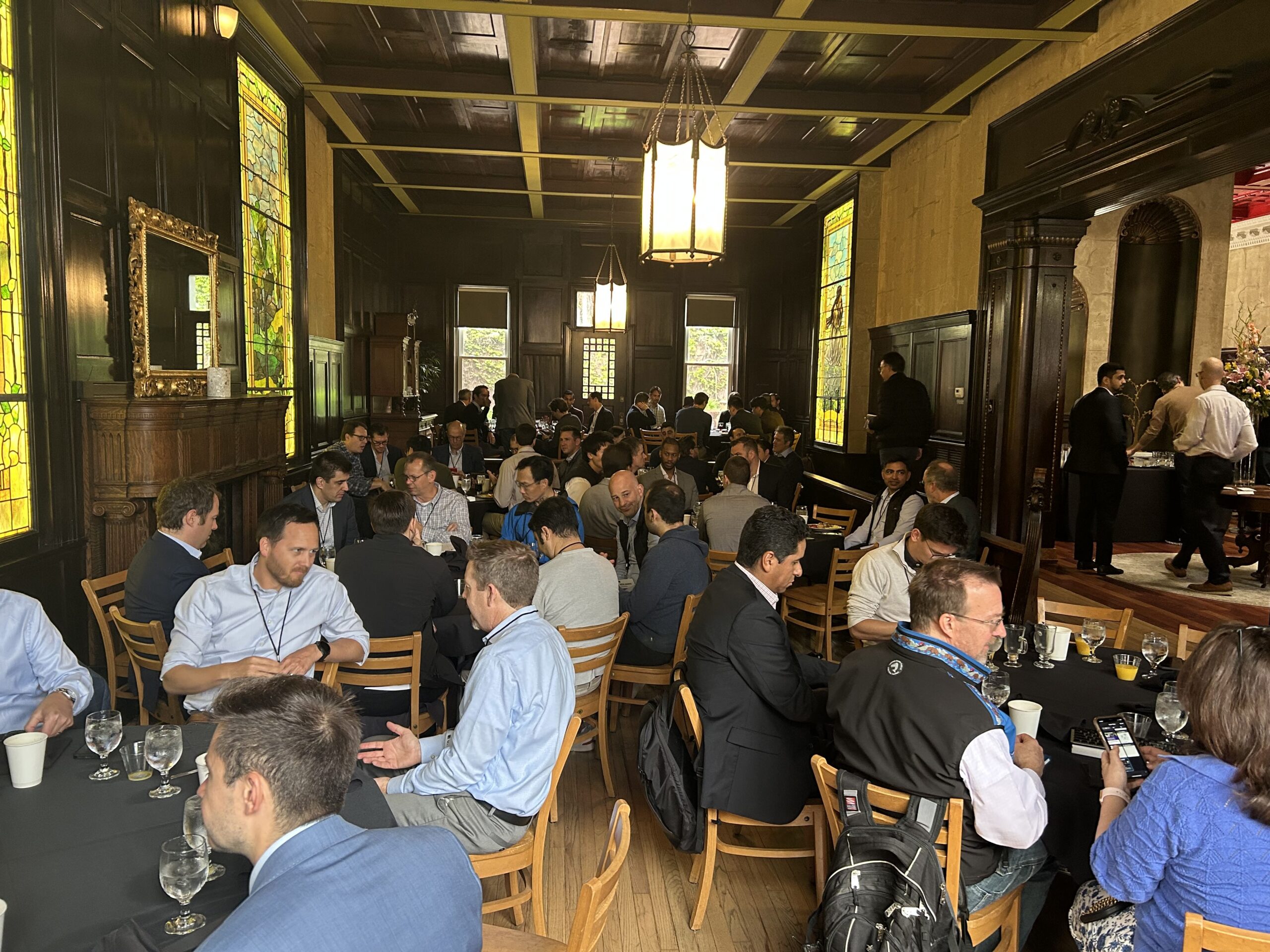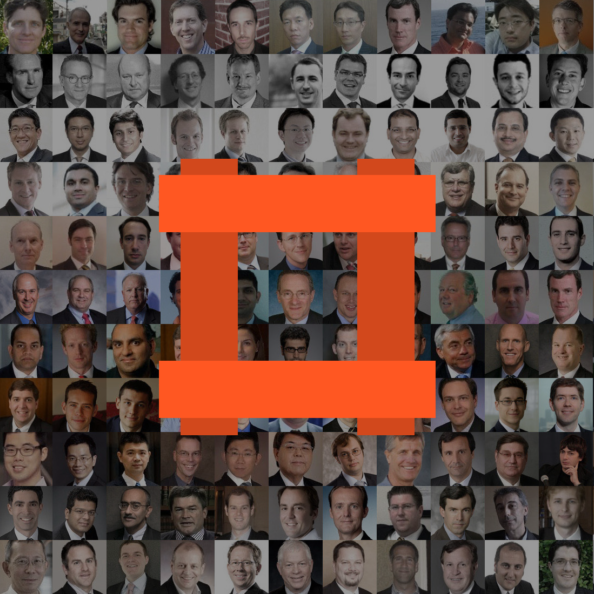We had the distinct pleasure of interviewing value superinvestor Howard Marks, Co-Chairman of Oaktree Capital Management, in London in 2012.
Howard was getting ready for the IPO of Oaktree, and we were asked to embargo the interview for several months. Since the formation of Oaktree in 1995, Howard has been responsible for ensuring the firm’s adherence to its core investment philosophy, communicating closely with clients concerning products and strategies, and managing the firm.
In the exclusive conversation, Howard discusses his investment approach, reveals his secrets for becoming a better investor, and shares his views on investing in Europe.
Watch an excerpt of our exclusive interview. In this segment, Howard Marks reflects on the importance of realistic investor expectations.

The following transcript has been edited for space and clarity.
MOI Global: You have published a book with the title The Most Important Thing, which has received praise from Warren Buffett and, and according to Joel Greenblatt, is destined to become an investment classic. Before we get into discussing some of the concepts in the book, tell us, what was your motivation for writing the book in the first place?
Howard Marks: I have been writing memos to my clients for 22 years. I started in 1990, and I frankly can’t remember what the initial motivation was; it was too long ago. I also can’t remember what kept me going for the first ten years, because the first ten years I wrote these memos and I never had a response. I never had one response in ten years. So, as I say, I can’t remember what kept me going, but something did.
The interesting thing about investing is what I call the perversity. The point is that it is so not intuitive. It is so not obvious — investing. A great example lies in the fact that, people think that to be a good investor, you have to understand companies.
Then, on the first day of 2000, I wrote one called “bubble.com,” which talked about tech being a bubble and turned out to be right soon thereafter. So, as I say, after ten years, I became an overnight success. I have been publishing the memos continuously ever since. I always thought that when I retired I would pull it together into a book. My retirement is some years off, but then I got a letter from Warren Buffett a couple of years ago, and he said “If you will write a book, I will give you a blurb for the jacket.” That was the deciding factor, so I wrote it. I was also approached by Columbia about doing it, and those two factors convinced me to write it in 2010, and then it was published in 2011.
MOI: You start the first chapter with a rather inauspicious but profoundly true statement that few people have what it takes to be great investors. You go on to introduce the concept of second-level thinking. Help us understand, what is that and how can it help us as investors.
Marks: The interesting thing about investing is what I call the perversity. The point is that it is so not intuitive. It is so not obvious — investing. A great example lies in the fact that, people think that to be a good investor, you have to understand companies. But the market has an understanding of companies, and if you understand the company the same as the market does, even if the market and you are right, you are not going to make any special profits.
The success, which is doing better than the market in a risk-return sense, comes from understanding things better than the market. Most people don’t understand things better than the market, and most people don’t understand the need for understanding things better than the market. As I say in that chapter, not only do I not want to try to simplify the process of investing, I want to show how not simple it is. Too many people try to simplify it.
I mentioned in that chapter the guy on the radio who says, “Well, you go into a store and you buy a product and if you like it, buy the stock.” That is so wrong, because liking the product has either nothing to do with making a good investment or it is just very, very first step of many steps. So you really do have to think, as I say in that chapter, either I mean or probably both better than the average better and at a higher level.
MOI: So how can we actually improve our chances of thinking different from the consensus while also being right? What is the impact of nature versus nurture, if you will?
Marks: You have to understand that, first of all, the consensus has an opinion, and you have to understand that the consensus is not a moron. So, much of the time the consensus is about right.
You have to understand that, first of all, the consensus has an opinion, and you have to understand that the consensus is not a moron.
If to do better than the consensus you have to think differently than the consensus, it means you have to find the times when the consensus is wrong. It doesn’t mean that the consensus is always wrong and just thinking differently is the key to success. You have to find the time when the consensus is wrong, and then you have to think differently, but not just differently, differently and better, because you could think differently and worse. It is not just holding a non-consensus opinion. That is not the secret. It is having a correct non-consensus opinion when the consensus is wrong, which is not all the time.
I mentioned in the book when my son comes to me, who is a budding hedge fund investor, he gives me an idea, a stock, macro trend, or something like that, the first question I always ask is the same: Who doesn’t know that? That is really the question. When you think you know something, the question is whether the market knows it too. And if it does, then your idea has no relative superiority.
MOI: In the investment industry, where lucrative careers can be build just based upon consensus thinking, what types of work environments are conducive to develop ones second-level thinking abilities? How do you ensure that you have such an environment at Oaktree?
Members, log in below to access the restricted content.
Not a member?
Thank you for your interest. Please note that MOI Global is closed to new members at this time. If you would like to join the waiting list, complete the following form:


